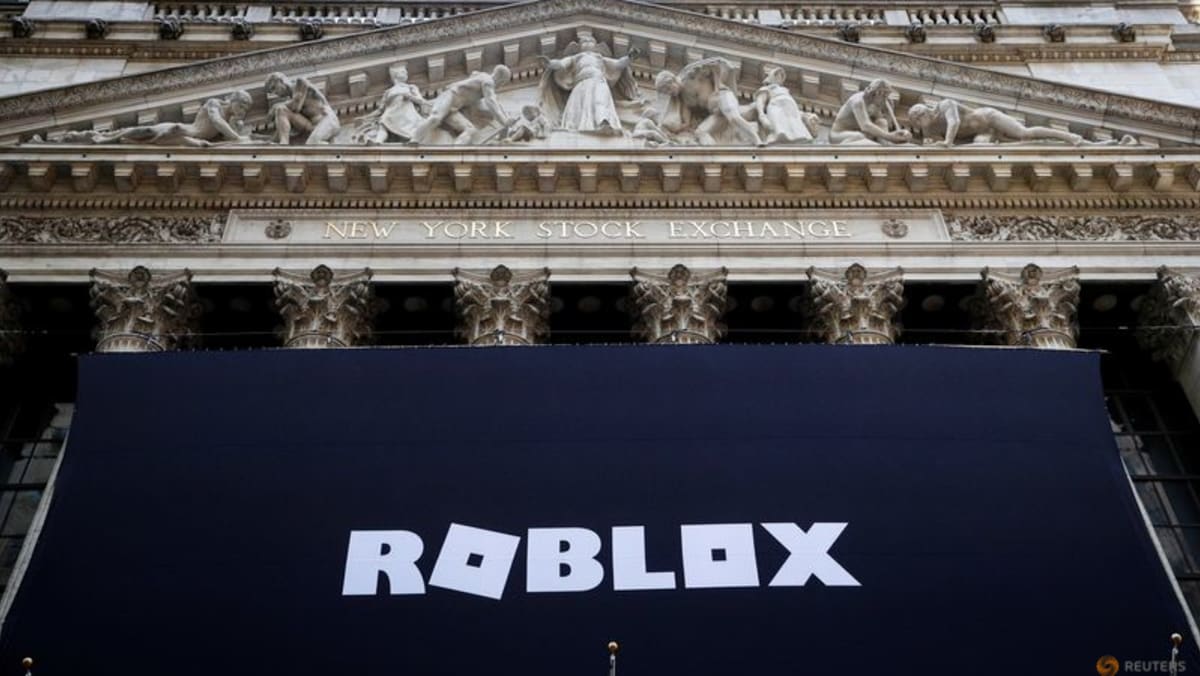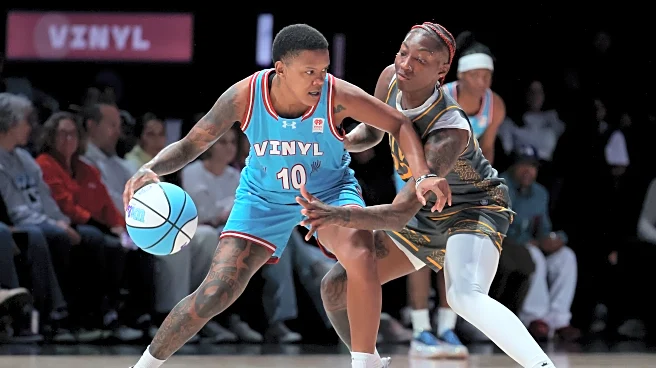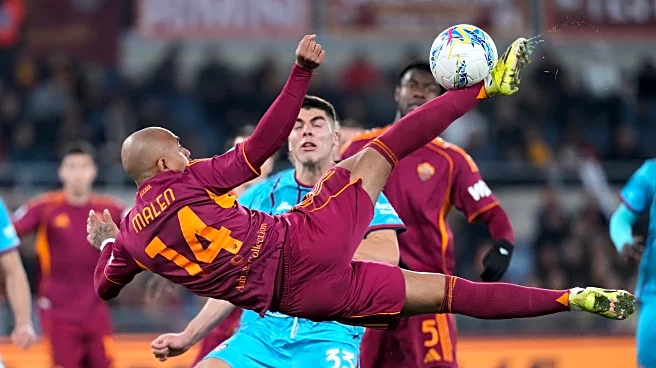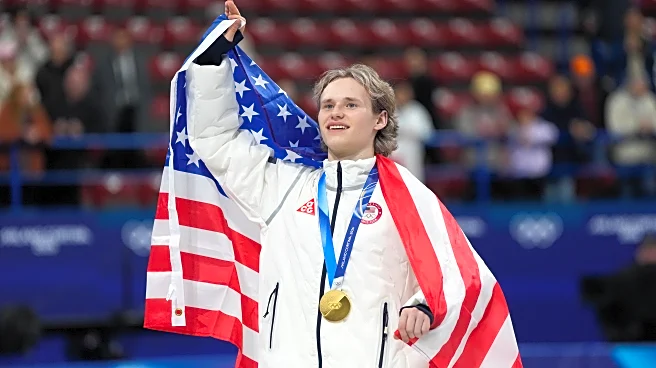In a bold move to enhance user engagement, Roblox has introduced a groundbreaking licensing platform that seamlessly connects creators with prominent intellectual property holders. This new initiative,
Did You Know
Butterflies taste with their feet.
?
AD
officially launched with major players like Lionsgate, Netflix, Sega, and Kodansha, is set to revolutionize the way creators develop content within the ever-popular gaming environment, appealing particularly to the Gen Z demographic. With the platform's user-friendly features, including the Roblox License Manager and a comprehensive Licenses catalog, integrating beloved characters and franchises into custom games has never been easier.
The licensing platform is more than just a functional upgrade; it symbolizes a strategic attempt by Roblox to broaden its offerings. By allowing game developers access to renowned properties, such as the spine-tingling worlds of "Stranger Things" and the fantastical narratives of "Twilight," Roblox is poised to attract an even larger audience. This not only diversifies the gaming landscape but also invites avid fans of these franchises to explore the creative possibilities within the Roblox universe, thereby merging gaming and pop culture in an unprecedented way.
As the lines between interactive entertainment and beloved media blur, Roblox’s new endeavor marks a significant step forward in the gaming industry. The partnerships with well-known brands potentially enhance user engagement and increase the diversity of content available on Roblox. By leveraging established brands to inspire creativity and innovation, Roblox is not just enhancing its platform; it is redefining the future of digital gaming and storytelling.
Q&A (Auto-generated by AI)
What is IP licensing in gaming?
IP licensing in gaming refers to the process where intellectual property holders, such as film studios or book publishers, allow game developers to use their characters, stories, or settings in video games. This creates opportunities for cross-promotion and expands the gaming experience by integrating popular culture elements. For example, Roblox's new licensing platform allows developers to create games featuring characters from franchises like 'Stranger Things' and 'Twilight', thus attracting fans of those properties.
How does Roblox's platform work?
Roblox's licensing platform facilitates partnerships between IP holders and game creators. It provides tools like the Roblox License Manager and Licenses catalog, enabling IP holders to manage their properties while allowing developers to access a range of licensed characters and themes. This streamlined process encourages collaboration, making it easier for creators to build games that resonate with audiences familiar with popular media franchises.
What impact could this have on Gen Z?
The introduction of licensed content on Roblox is likely to appeal significantly to Gen Z, who are major consumers of both gaming and streaming media. By integrating recognizable characters and stories from popular franchises, Roblox can enhance user engagement and attract new players. This demographic values immersive and relatable experiences, and the ability to create games based on beloved media can foster deeper connections with the platform.
What are the benefits for IP holders?
IP holders benefit from Roblox's licensing platform by gaining access to a vast user base, which can increase brand visibility and fan engagement. By allowing their properties to be integrated into games, they can tap into new revenue streams through licensing fees while also promoting their franchises to younger audiences. This strategy not only enhances their brand presence but also encourages creative interpretations of their characters and stories.
How do partnerships influence game content?
Partnerships between Roblox and IP holders significantly influence game content by providing developers with access to established characters and narratives. This collaboration enriches the gaming experience, allowing creators to build unique worlds that incorporate familiar elements. As a result, games can attract fans of the original media, leading to increased player engagement and potentially higher revenue for both developers and IP holders.

















